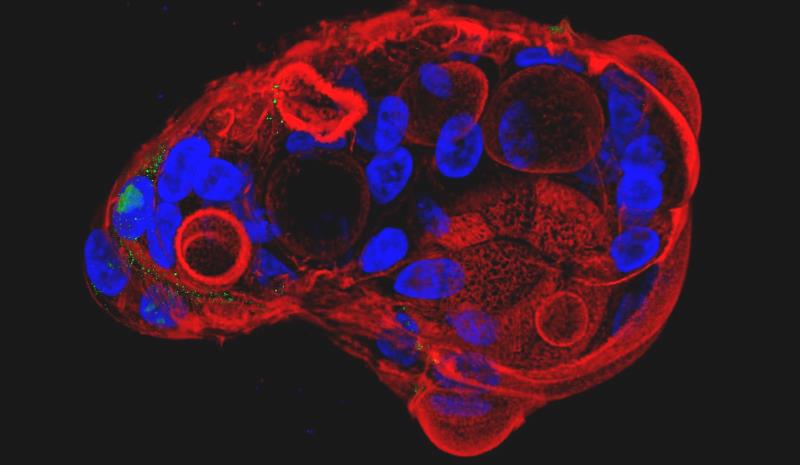Inflammatory Bowel Disease - CEMIR
Inflammatory Bowel Disease
Inflammatory bowel disease (IBD) is a major clinical problem, with approximately 2 mill Europeans chronically affected by either ulcerative colitis or Crohn’s disease.
Current hypotheses on etiology and pathogenesis focus on dysfunctional inflammatory pathways including PRRs and autophagy, with presently 204 susceptibility gene loci identified. Hence, we hypothesize that IBD results from an inappropriate inflammatory response to intestinal microbes and endogenous molecules in genetically susceptible hosts. The main aim of this theme is to understand central mechanisms for mucosal homeostasis, how this is disrupted in active disease and subsequently restored in remission.
Major achievements
Established one of the largest and best controlled inflammatory bowel disease biobanks in the world, and created a link to the HUNT population study/biobank for future epidemiological and genetic studies on inflammatory bowel disease (IBD).
Developed methods for RNASeq analysis of microdissected intestinal epithelium, and created colonic organoids for studies of disease mechanisms in inflammatory bowel disease (IBD).
Identified TLR3 mediated inflammatory responses through e.g. CXCL10, complement factor B and NGAL/LCN2 as disease mechanisms in IBD.
Established NGAL/LCN2 as a promising biomarker for IBD in clinical practice.

